
***Fredrik Reinfeldt a pris la parole le 22 octobre à l’occasion de l'ouverture de la conférence « Journées européennes du développement » à Stockholm.
CHECK AGAINST DELIVERY
Your Royal Highness,
Excellencies,
Nobel Laureates,
Ladies and Gentlemen,
Welcome to Stockholm and to the fourth edition of the European Development Days. I am proud and pleased to note that this is the largest meeting being held in Sweden during the Swedish Presidency. And I am convinced that the discussions here will prove to be fruitful and provide important insights into the challenges ahead.
It has been said before, but I believe it is important to say again: since the last European Development Days, the world has definitely changed. Unfortunately, not only for the better. Our challenges have become more urgent and more threatening.
Few have been spared the brunt of the global financial crisis that has plunged the world into a recession unlike any other since the 1930s.
It started out as one of those market failures. It was not the first time that a housing bubble had burst, but this time it had consequences no one could foresee. Bank after bank collapsed, and more would have collapsed, if national governments had not decided to react rapidly.
But the after-shocks of this economic implosion led to uncertainty. Who could be trusted? Which banks had these toxic assets? As a result, lending came to a halt. Credits were hard to find. As uncertainty grew, demand weakened. Industrial output fell and millions of workers across the world now find themselves without a job.
Many people around the world depend on family members or relatives living abroad for support. This means unemployment does not only affect one person but can, in fact, have dire consequences for the economies of whole villages and communities. Especially in this global context, poverty increases as unemployment rises.
The UN recently reported that the number of hungry stomaches has once again breached the one billion mark. The financial crisis has not only hit the credit market. It has hit an already hungry humanity, leaving millions more people starving.
And although we can see some indicators pointing to an economic recovery, these are merely islands in an ocean of uncertainty. And even if stable economic recovery is achieved, a real risk of persistent high unemployment and poverty will remain.
But there is hope. The G8 and G20 have taken this challenge very seriously. The discussions that have taken place so far this year, on the need for a new international economic framework, reflect the genuine will to act on this matter.
The culture of greed, for far too long left unchecked in certain parts of the international economy, must come to an end. The EU is moving, and I look forward to next week’s Summit of the European Council where this issue, among other pressing ones, will be discussed.
The problem of poverty cannot be solved without a well-functioning global economy. However, poverty is closely linked to climate change. A warmer climate will change the way we live. And here too, the people who are already most vulnerable, will be those hardest hit.
Crops that wither and die. Fish migrating from warmer waters. As water is polluted or lakes dry up, conflicts will erupt for this most basic of human needs. Entire islands risk sinking into the sea, and with them cultures and ways of life.
It has been called our greatest challenge, and it is our responsibility to meet it with determination.
Therefore, I call on all states to put national interests aside at the Copenhagen summit in December. Let’s not fall into the lure of cynical calculation on how to avoid lowering one’s own emissions. The challenge is too serious and too great to be bargained with. At this critical hour, we must have the wisdom to act so that future generations will be able to meet their needs.
This will require speed, because climate change is happening faster than science predicted.
This will require scale, because with growing numbers of people in danger, our response must match the magnitude of change.
And this will require focus:
Focus on our ability to manage risks.
Focus on building the resilience of the poorest.
And focus on enhancing the ecosystems on which they depend.
As Copenhagen approaches, some states have taken concrete steps on the road forward. Ambitious targets on lowering emissions. With credible solutions for transforming an obsolete emission-driven economy into a more sustainable one. This shows that it is possible to create sustainable growth while lowering negative impact on the environment.
But it is not enough. Declarations made by world leaders does not measure up to the commitments required.
However, as with the economy, there is hope on climate change. More and more leaders find the need and the courage to act.
The EU is at the fore-front, having set the most ambitious targets of any region. And we should, considering our share of the burden. Still, more needs to be done and more leaders need to take responsibility for the earth our children will inherit.
This sense of responsibility for the future is why Sweden has a long tradition of actively supporting development. We know that sustainable growth within a community can only come within a framework of peace and stability. It is essential to creating the basis for people to take an active role in the future of their own lives and communities.
By making such participation possible, the soil of succesful development can flourish. It means, first and foremost, citizenship. The right of every individual to belong to a society and a state. The right to decide in matters concerning everyday life. The right to enjoy human rights.
Implicit in this is gender equality. Despite all the speeches and declarations, women are being systematically discriminated against in virtually every country in the world.
In some countries, this is reflected in lower economic activity and low participation in economic decision-making.
In others, women are completely excluded from the labour market and thus find themselves dependent on others for their welfare.
And in a few, but always too many, women’s bodies are weapons of warfare.
This is why the EU, as the world’s largest donor and with high ambitions for good governance, has a certain responsibility to provide valuable know-how and resources to this end. We must make good governance relevant, accountable and accessible to the people on the receiving end.
It has to be relevant, and by that it has to deliver on its promises. A functioning public administration with the capacity to deliver basic social services must be ensured for all. It must be a tool to enable any government to deliver on its promises and implement democratic decisions.
It must be accountable, and by that it has to be transparent. The people must be given insight and they must be able to hold the executive to account.
It must be accessible, and by that it has to offer formal and informal access to influence decision-making. It must give every individual the opportunity to speak out and be heard.
Action is overdue. We see clearly how our responsibilities extend beyond the election cycles and the planning and budgeting horizons of everyday politics, beyond our own generation.
As never before, the welfare of our children and their children’s children has become our concrete responsibility. Let us rise to that challenge.
Thank you.
se2009.eu
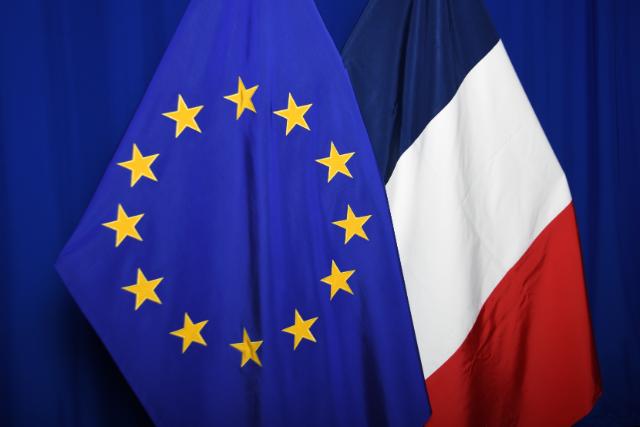







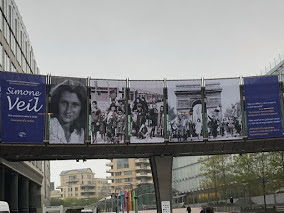
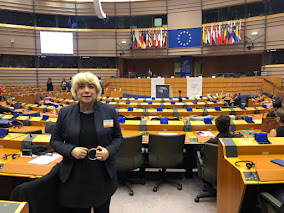
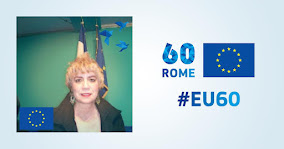
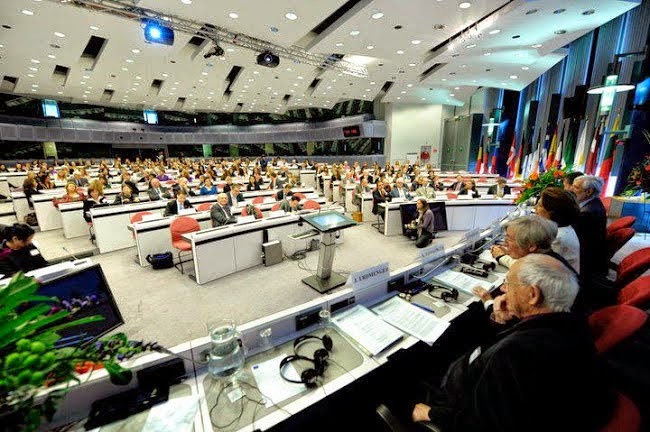




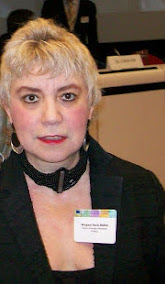
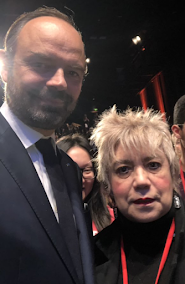










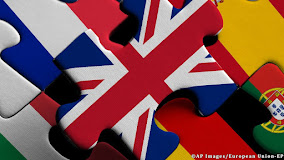
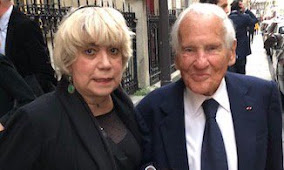





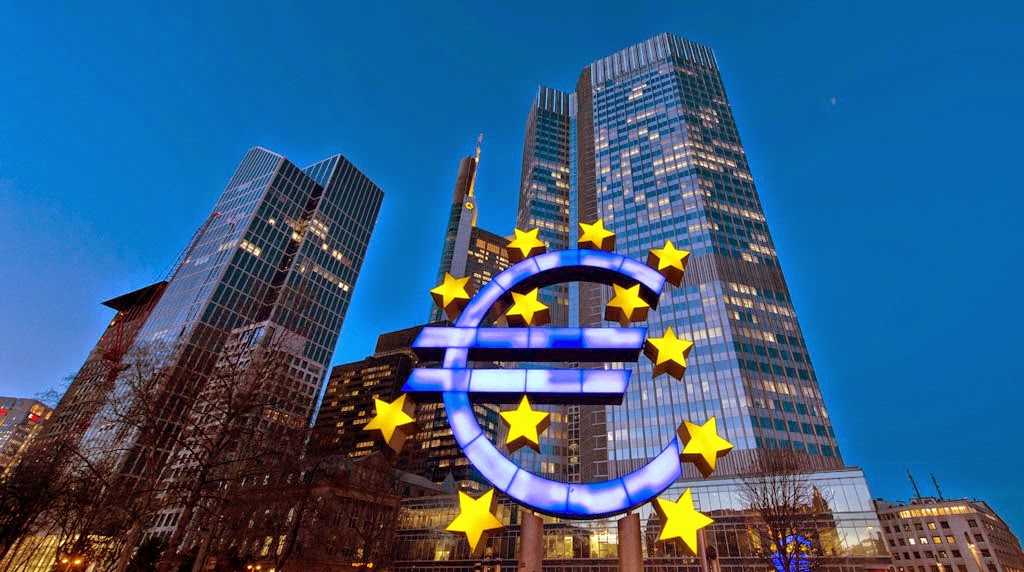

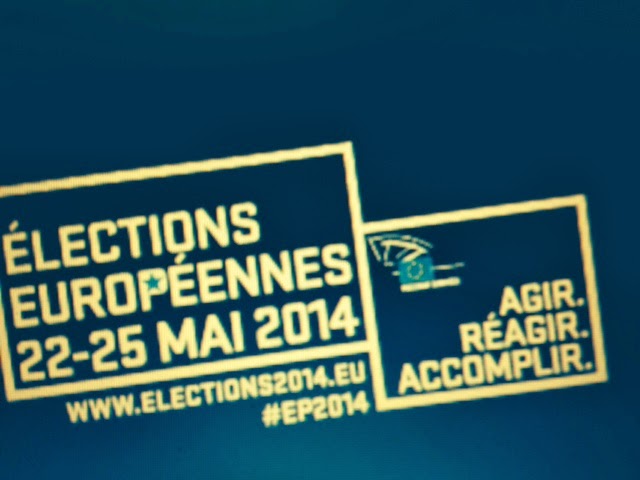




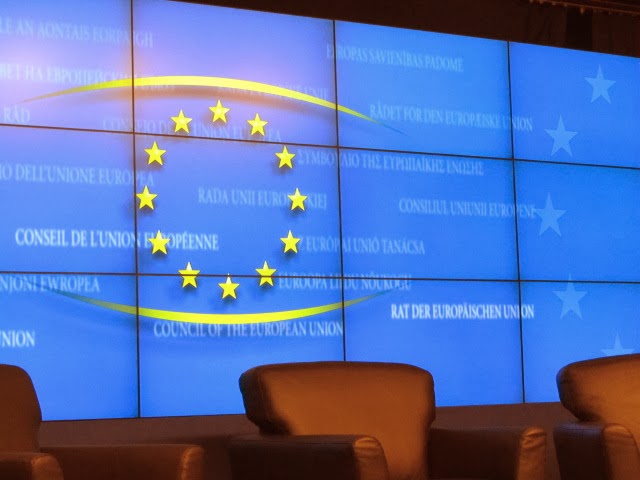



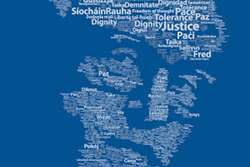



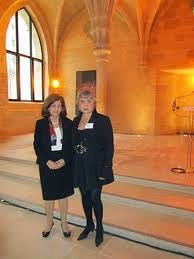

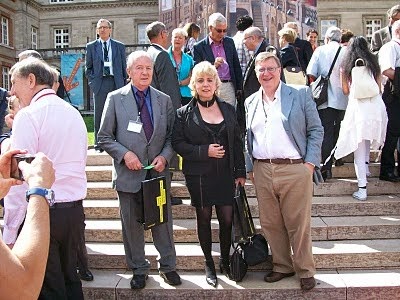
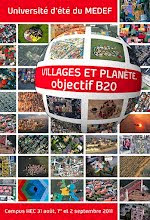



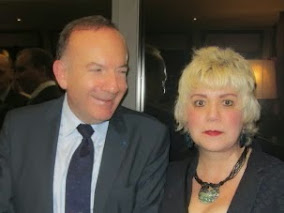

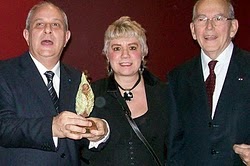


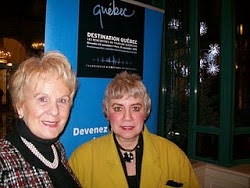







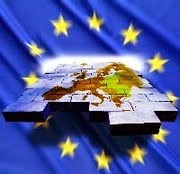
Aucun commentaire:
Enregistrer un commentaire